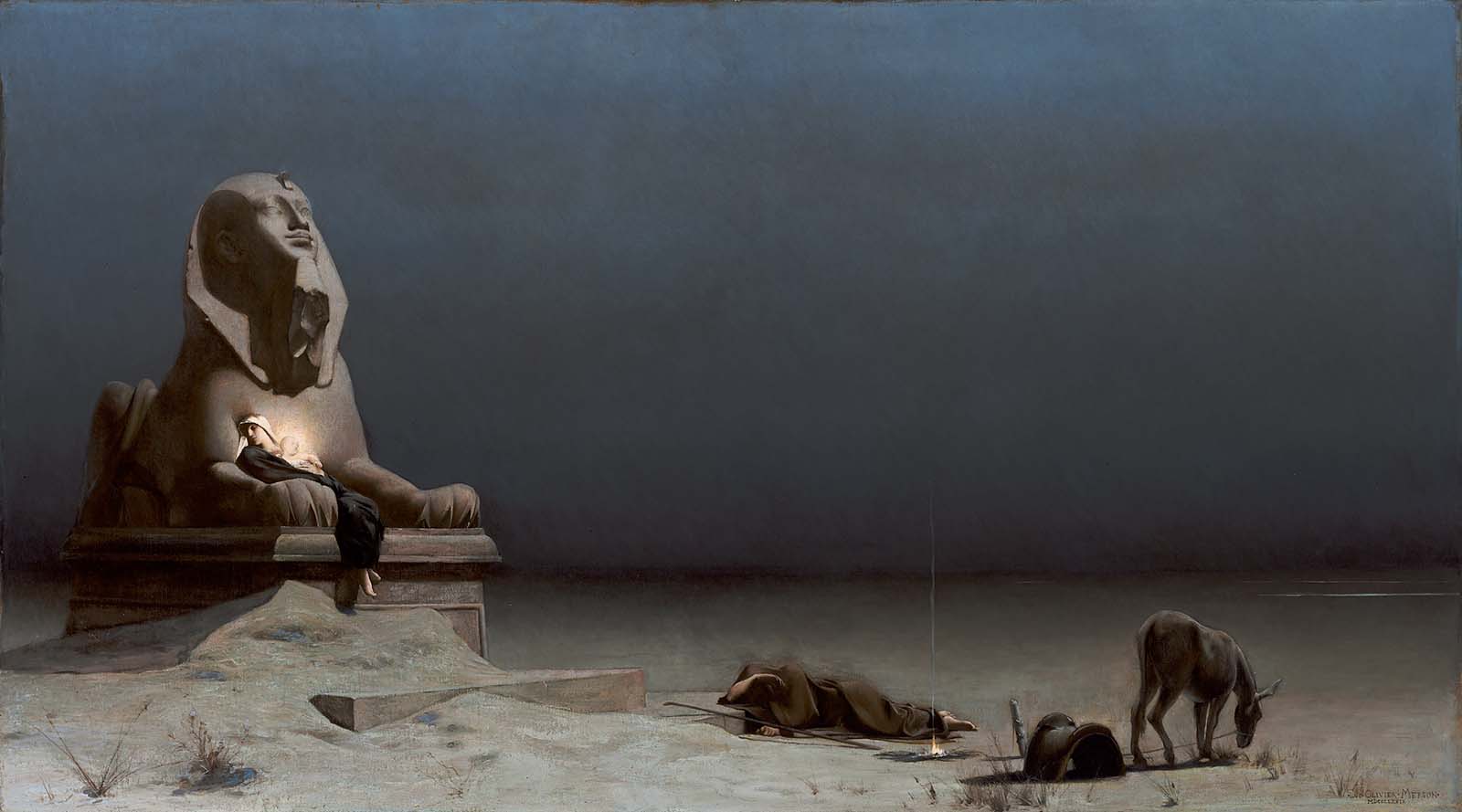In today’s First Reading the apostle John warns believers to test the spirits to see if the are from God before trusting them. Not every spirit or every inspiration is necessarily a good one, and one way to test a spirit is to see if it stands the test of time. If some impulse or inspiration changes radically, another spirit has come into play.
One way in which the Church knows it is united in the same Spirit with which it was founded is by Tradition: the teachings of the Church, teachings that come from the teachings Our Lord himself gave to the apostles, must logically have a continuity that endures. In today’s Gospel Our Lord begins his public ministry preaching the same message as John, whose mission is drawing to a close: “Repent, for the Kingdom of heaven is at hand.” He proclaims the “Gospel of the Kingdom” and, in that same Spirit, so do we. If some spirit enters into us that contradicts that Spirit and that Gospel we can be sure it does not come from God, as well as any spirit that makes us lose faith in Our Lord.
Let’s ask Our Lord today to help us follow his Spirit: the Holy Spirit.
Readings:1 John 3:22–4:6; Psalm 2:7bc–8, 10; Matthew 4:12–17, 23–25.
.


